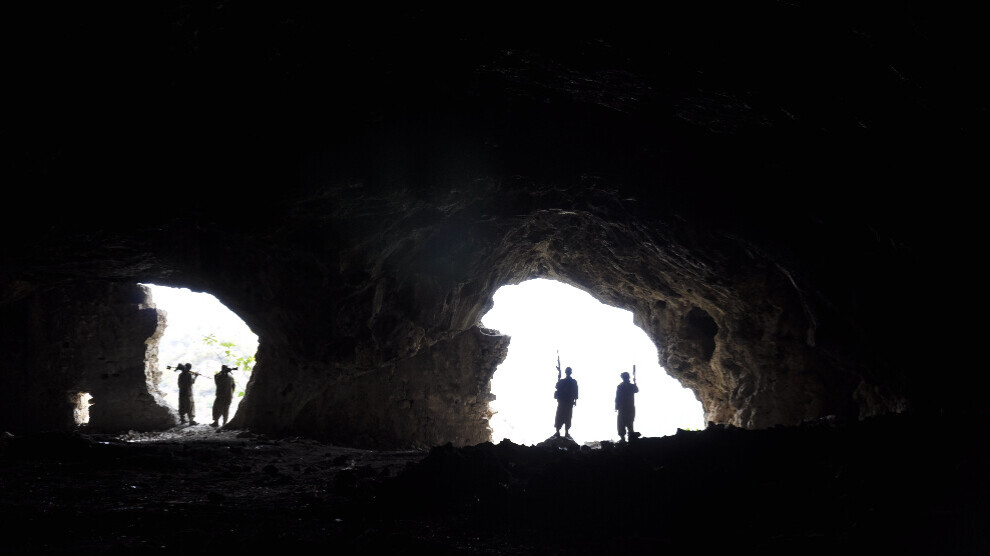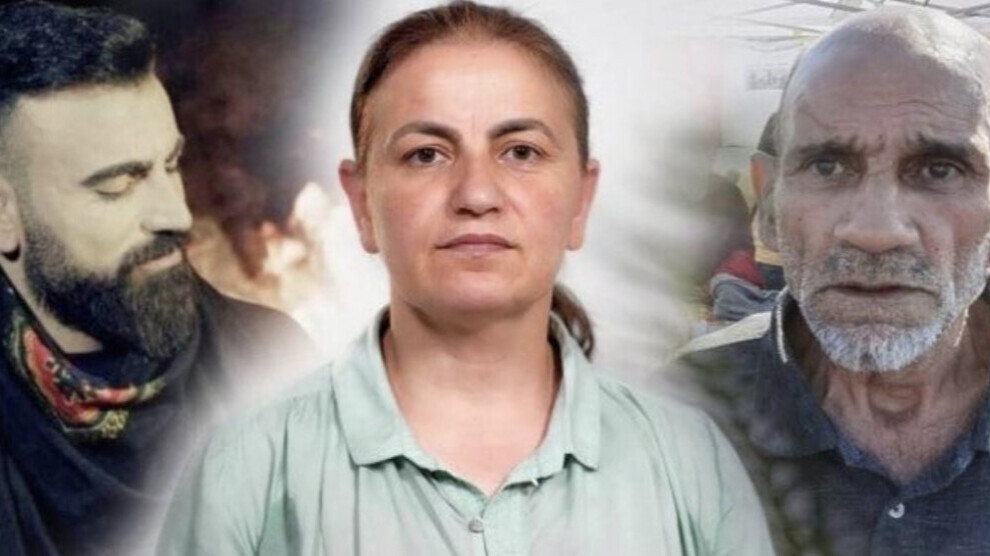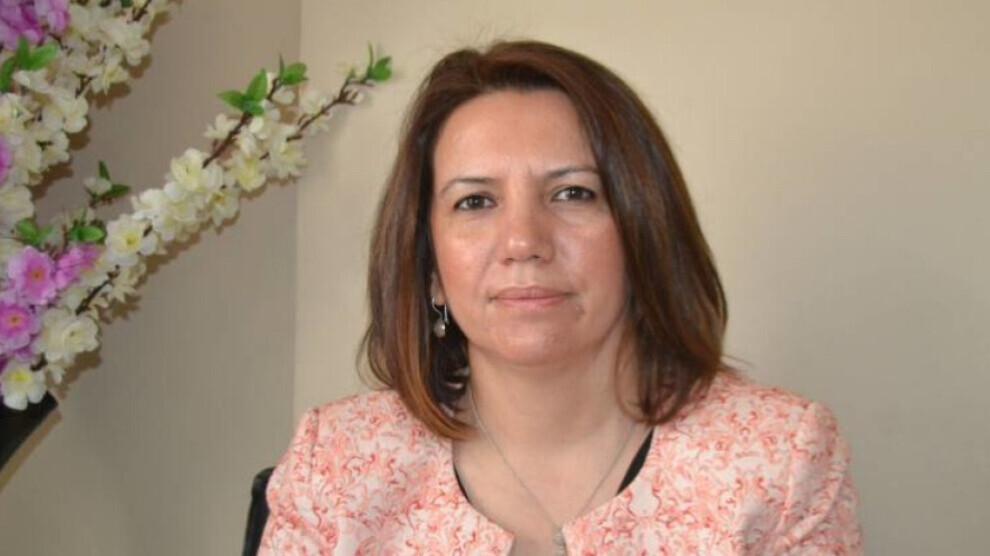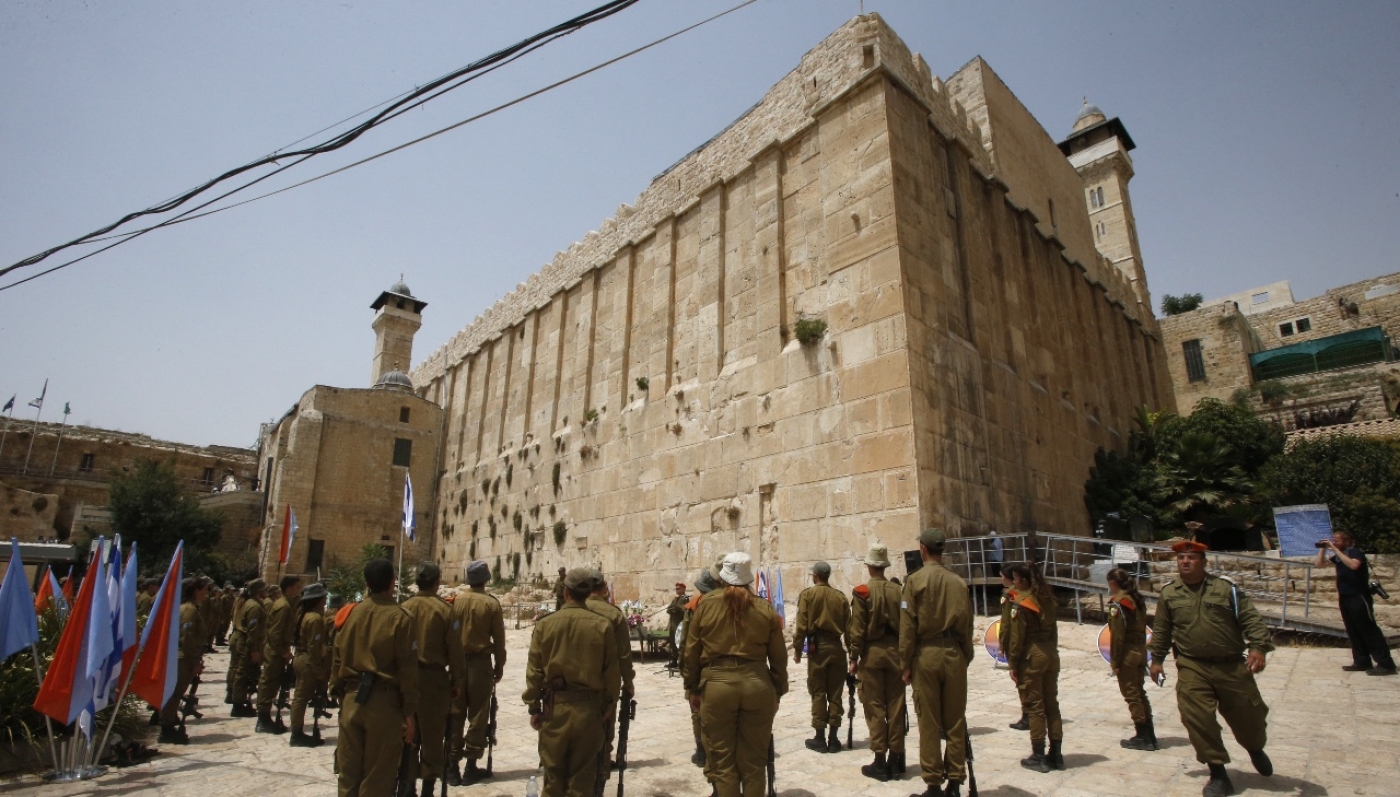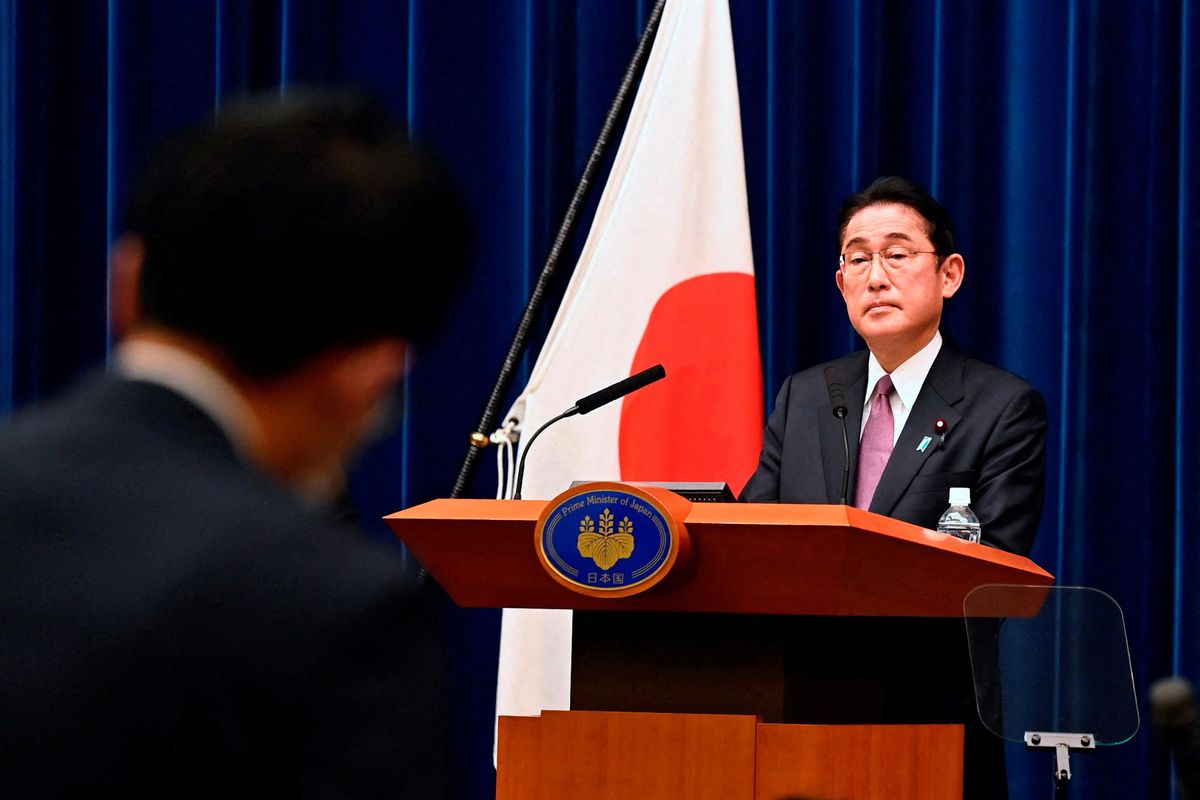Why Uganda Doesn’t Drink Its Own Coffee
In Uganda, people grow coffee to export but rarely consume it themselves. Now a push to dispel myths about the beverage and introduce new ways to use the beans is changing that.

Olivia Musoke prunes dead leaves from her coffee plants in Mukono, Uganda.
WAKISO — There are many reasons Ugandans give for not drinking coffee. Olivia Musoke heard it causes vaginal dryness. When she was breastfeeding her children, people also told her it would dry up her breast milk.
Musoke grows coffee, bananas and cassava. The mother of five from Mukono, in central Uganda, has been a coffee farmer for more than 42 years. Although the cassava and bananas she plants are for her own consumption, she has tasted only a handful of coffee beans after a friend said they would keep her alert in her old age. She sells most of the coffee she harvests.
“When it’s ready, men come in trucks and take all,” she says.
Although coffee is one of Uganda’s main agricultural products, making up about 15% of the country’s total exports, locals like Musoke consume very little of it. There are various reasons for this, including myths and misconceptions about coffee
A cash crop
Solomon Kapere, a coffee farmer from Kamuli, in eastern Uganda, says he has always thought of coffee as a cash crop. When he was younger, his grandfather had 10 acres of coffee plantation, but he does not remember ever drinking it.
The public and private sectors in Uganda are working to dispel myths by raising awareness and diversifying coffee products. In the process, they are broadening the market and increasing local consumption.
Uganda’s coffee owes its genesis to Malawi and the Ethiopian highlands. It was introduced in 1900 to provide the British colonial government with revenue. For this reason, some Ugandans associate coffee with forced colonial labor, hence the name kiboko, which means to whip or to cane in Kiswahili, says Daniel Karibwije, export trade specialist at Green Forest Safaris & Export Consulting, which promotes Uganda’s coffee exports abroad.
“This is ingrained in some people’s mind to this day,” Karibwije says. “Coffee is grown for others.”
Grown to be exported
Since its introduction, production has grown. In 1925, coffee accounted for only 1% of the country’s exports, but by 1958, it had become the country’s chief export crop, overtaking cotton. In the 1970s, during Idi Amin’s regime, which was characterized by civil strife, the industry experienced setbacks, and coffee production decreased almost by half between 1972 and 1977.
In 2018, Ugandans consumed only 3% to 4% of the coffee produced in the country.
But the 1980s came with a liberalization process, leading to an increase in exports and payouts to farmers.Currently, Uganda exports a significant amount of coffee within the continent and worldwide. In 2020, it exported 26% of the continent’s coffee and 1.75% of the world’s coffee, an amount worth $539 million, according to the Observatory of Economic Complexity, an online visualization platform under the Massachusetts Institute of Technology.
Despite this global contribution, in February, Uganda announced a two-year suspension of its membership in the International Coffee Organization, an intergovernmental group, out of concerns that the organization didn’t favor the country’s farmers and other players. Uganda plans to use this time to focus more on increasing its domestic consumption.
In 2018, Ugandans consumed only 3% to 4% of the coffee produced in the country, according to a parliamentary committee report.
“Most people are more inclined to drinking tea. Coffee from way back has been a cash crop — grown to be sold, exported, while people kept tea close to their hearts,” says Karibwije.
Coffee as a beauty product
Sonya Hadija Nali, who makes beauty products from coffee, hopes diversifying its utilization will help shift people’s attitudes and increase local consumption.
The mother of two has been experimenting with coffee. When her skin became dry and developed black spots, she turned to something she loved — coffee. Nali says she mixed coffee with coconut oil and added a little bit of honey and lemon. The concoction helped remove black spots from her skin and left it glowing. She started making the product, a body scrub, and selling it.
Now, Nali makes about 70 bottles of her body scrub a week. She markets on social media platforms, where she has hundreds of followers. Her product sells for 30,000 Ugandan shillings (about $8) a bottle.
Julius Nyanzi, a professor and bio-entrepreneur, makes coffee oil which is high in antioxidants that help the skin retain moisture. He has also created a coffee aroma dispenser that he sells to restaurants “so that they smell what they sell” to attract customers. Nyanzi, who studied pharmacology, has sold more than 2,000 oil-making machines to farmers.
The National Coffee Research Institute, a government agency, has been conducting research on how local ingredients like coffee can be used to make skin lotion, says Evans Atwijukire, technology developer at the Institute. The formulas are given to Ugandans who create products to sell both in Uganda and abroad.
Promoting coffee consumption
The Uganda Coffee Development Authority, a government body that oversees the coffee industry, is promoting domestic coffee consumption by raising awareness about the benefits of the drink in hospitals and universities, says Doreen Rweihangwe, principal quality controller. It installed billboards on major roads in Kampala, the capital, and the city of Entebbe to promote coffee consumption. And it has been training baristas to prepare and serve quality coffee and encouraging them to participate in the Uganda National Barista Championship, part of the annual global barista competition that promotes excellence in coffee.
“The championship helps baristas to make good-quality coffee,” she says.
As a result of these coordinated efforts, local consumption is picking up. Rweihangwe cites indicators such as the increasing brands of coffee on the market and new cafes that are opening across the country.
We need a well-grown industry.
Yasir Ahmed, manager of Café Javas, one of Uganda’s major cafes with 13 branches, says Ugandans are now drinking more coffee than before, which he attributes to the efforts.
Ernest Bazanye, a writer, says he started appreciating coffee around 2010. He drinks his first cup after lunch “to beat postprandial depression” and get more work done, he says.
To Bazanye, Ugandans have always had a relationship with coffee, but what’s changing is how they consume it. While traditionally some people chewed the coffee beans, more people, especially older and middle-aged Ugandans, are beginning to brew and drink it.
There are benefits to improving local consumption, says Karibwije, the export specialist. “The economy would grow much faster with increased domestic consumption,” he says.
Rweihangwe agrees: “Ethiopia consumes most of its coffee and exports less. We need a well-grown industry.” She sees it as an opening to provide Ugandans with more jobs.


